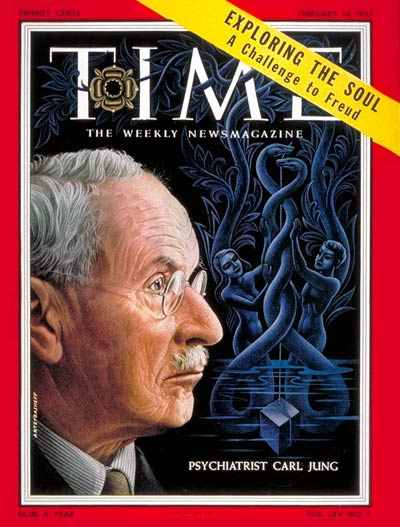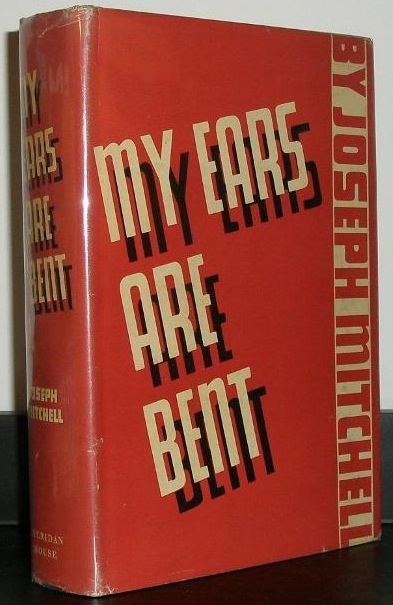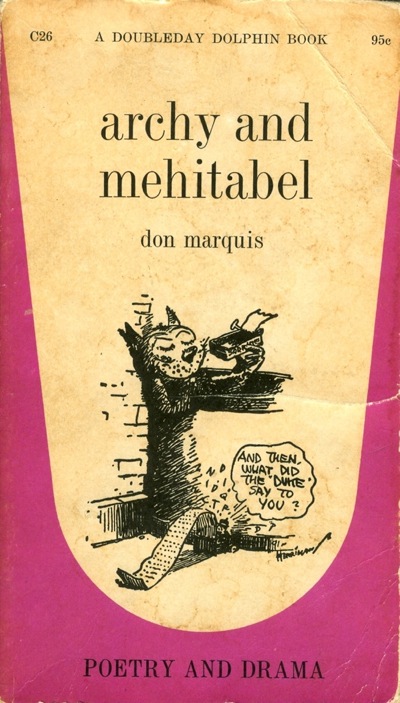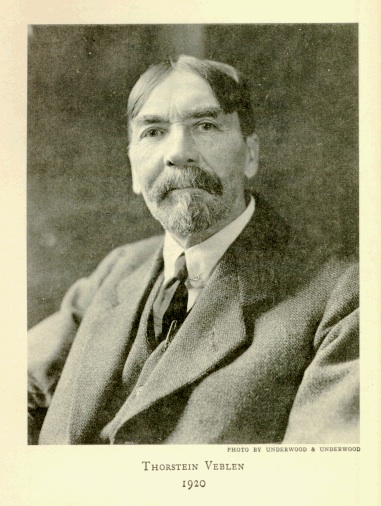Hilo Heroes, July 26-August 1
By:
July 26, 2009
HAPPY BIRTHDAY, this week, to the following high-, low-, no-, and hilobrow heroes. Click here for more HiLo Hero birthdays.

If more people realized how steeped many aspects of modern life are in the ideas of CARL JUNG (1875-1961), perhaps they would use the adjective “Jungian” as often as the adjective “Freudian” when conversationally tipping their hats to psychological thinkers. Jung coined the ubiquitous terms “extrovert” and “introvert”; he theorized about the “persona” and the “complex,” concepts that have long since inhabited the lexicon of the everyday; he devised the influential theory of the collective unconscious, the shared fabric of archetypes that connects us with our ancestors; and his emphasis on the importance of spiritual experience when addressing psychological problems was a catalyst in Bill W.’s creation of the Alcoholics Anonymous 12-step program. A longer treatment of Jung’s influence would perhaps focus on his symbiotic relationship with Freud and on the foundation of the still-popular Jungian Analysis movement. But this is a short tribute and it will end in self-congratulatory fashion with one of Jung’s many adages: “The least of things with a meaning is worth more in life than the greatest of things without it.” — Patrick Cates

JOSEPH MITCHELL (1908-96) arrived in New York City from rural North Carolina the day after the stock market crashed in 1929. Following a few years as a newspaper reporter, he went to work for the New Yorker in 1937, as a chronicler of marginal existences, vestigial occupations, saloon life, harbor trades, and self-made characters. He had a gift for turning the rhythms of uneducated American speech into plain, stripped, lyrical modernist prose; he can now be seen as an heir of William Carlos Williams and a literary counterpart to Walker Evans. Of his five books, all but the first, My Ears Are Bent (1938), were collected in Up in the Old Hotel (1992). After 1964, he never published again, although he reported for work at the New Yorker every day for three more decades. “Sometimes, in the evening elevator,” Roger Angell would recall, “I heard him emit a small sigh, but he never complained, never explained.” — Luc Sante

The one piece of fine-art-inspired kitsch I’ve been craving ever since I first heard of it is a long-unavailable shower curtain reproducing “The Large Glass” (“The Bride Stripped Bare By Her Bachelors, Even”) by MARCEL DUCHAMP (1887-1968), who was used to seeing facsimiles of his greatest works in bathrooms. He was the king’s jester of modern art, the guy who figured out the funniest possible ways to express its radical potential, even when he wasn’t presenting seltzer-squirters like “L.H.O.O.Q.”; he called “The Large Glass” a “hilarious picture,” and he was right about that, although it’s the rare joke that benefits from an explanation. Duchamp had about a dozen brilliant ideas, which is eleven more than a lot of excellent artists ever have, and one of them was the wit with which he recycled the others — “Box in a Valise,” the mass-produced suitcase with miniature reproductions of his greatest hits, is both an exquisite object and a merciless joke about artistic canons. — Douglas Wolk

Novelist, poet, and newspaper man DON MARQUIS (1878-1937) was once a household name. Now he is mostly remembered for his Archy and Mehitabel story-poems. Because they are about creatures (a cockroach and an alley cat, respectively), and because they were illustrated — jazzily, tenderly — by the great George Herriman, they are sometimes taken for children’s literature. And they accidentally are. What better metaphor for the locked-in syndrome of childhood than a vers libre poet whose soul has transmigrated into the body of a bug? The lustful, dreaming business of childhood, like that of Marquis’ creatures, takes place beneath the notice of the busy world. Consider Archy on the moth-candle problem:
and before i could argue him
out of his philosophy
he went and immolated himself
on a patent cigar lighter
i do not agree with him
myself i would rather have
half the happiness and twice
the longevity
but at the same time i wish
there was something i wanted
as badly as he wanted to fry himself
These subversive, achingly lovely poems are suffused with the ink-stained vernacular and weary, disillusioned glamour of the first decades of the last century. Also, they are eternal. Give them to a child. — Mimi Lipson

“The institution of a leisure class is found in its best development at the higher stages of the barbarian culture….” That first phrase from his 1899 book Theory of the Leisure Class summed up the Gilded Age, as far as academic knockabout THORSTEIN VEBLEN (1857-1929) was concerned. The lifestyle of the leading members of our supposedly advanced civilization, he drily noted, was based upon a boastful display of wealth that one might have expected to find in medieval Europe; worse, this retrogressive display took the form not of production, but “conspicuous consumption.” For Veblen, economics wasn’t merely the study of how society chooses to employ scarce resources to produce goods and services and distribute them for consumption; it was also necessarily the study of the evolution of our unconscious habits and ways of thinking, which rarely keep pace with the demands of the present age. We might not agree with Veblen’s notion of what, exactly, those demands are — though Adorno admired his criticisms of bourgeois pasttimes, he suspected Veblen was a technocrat obsessed with efficiency and thrift to the exclusion of pleasure and culture. But his curmudgeonly intransigence remains inspiring. — Joshua Glenn

HILARY PUTNAM (born 1926) is the most important philosopher you’ve never heard of. In an era when most theorists build their careers by limning the edges of history, Putnam is one of the hands-on few who has built his own box. But instead of resting in his receptacle, he climbed out before the rest of us finished climbing in — and not just once, but over and over. Discards were grabbed and recycled by computer scientists, communists, continental philosophers, and scientific realists, among others. Within his manic mutability lies a consistent meta-philosophy: all systems of concepts — the contraptions which philosophers call ontologies — are comprised of arbitrary yet necessary building blocks, which not only assemble different worldviews but which themselves must be periodically reassembled. Putnam has also argued that we are not (and could not be) brains in a vat, to the dismay of Extropians and evil demons, and the vast relief of everyone else. Rather than following the academic quest for an ever-smaller square in which to turn his spade, Putnam has renewed an ancient approach to the love of wisdom, at once pragmatic and demanding. — Peggy Nelson

During the Reagan Era, CHUCK D (Carlton Douglas Ridenhour, born 1960), the hard rhymer, gave us “My Uzi Weighs a Ton,” “Prophets of Rage,” and “Fight the Power,” not to mention Flavor Flav and the S1Ws. He was a voice for a generation worn down by AIDS, crack, junk bonds, narcissism, and institutionalized racism. If 1987’s Yo! Bum Rush the Show was a shot across America’s bow, the following year’s It Takes a Nation of Millions was a detonation. Sure, KRS-One, Grandmaster Flash and others had made political rap before, but Public Enemy was the first political rap act; and it had been decades since anything so political had actually been popular without being hopeful or didactic. As emcee, he mixed metaphor with genuine threat (“By The Time I Get To Arizona,” i.e., to assassinate those responsible for the failure to recognize Martin Luther King Jr. Day), allegory with incitement to riot (“Burn Hollywood Burn”). Everything he said or did was political, and angry. If he’s evolved from Rapper to Rapper-Activist to Activist-Rapper, perhaps it’s because ultimately, no entertainment medium can sustain such a heavy message. — Tom Nealon
